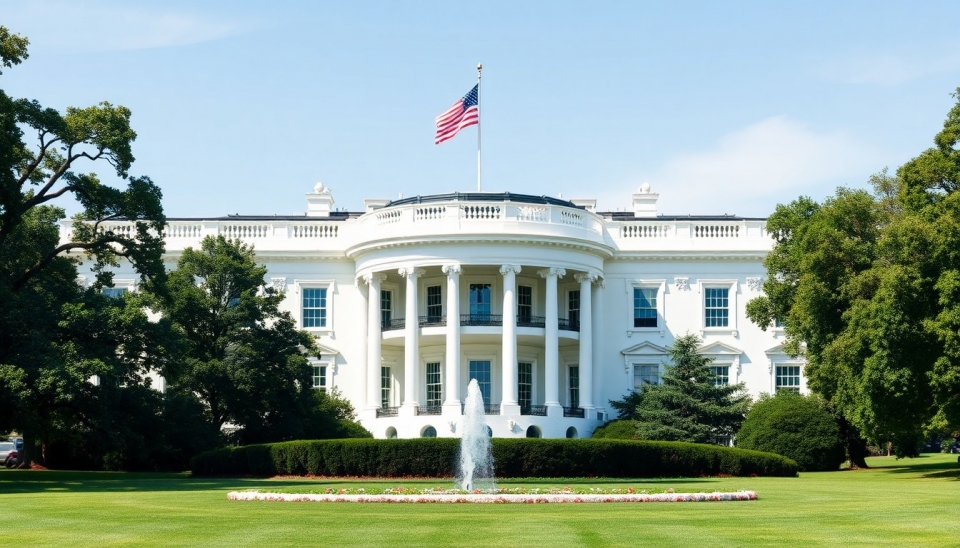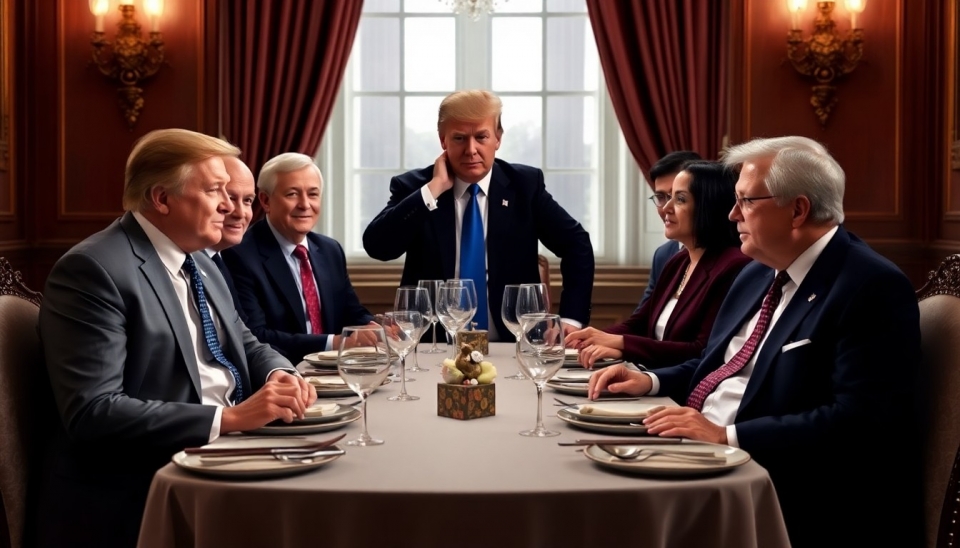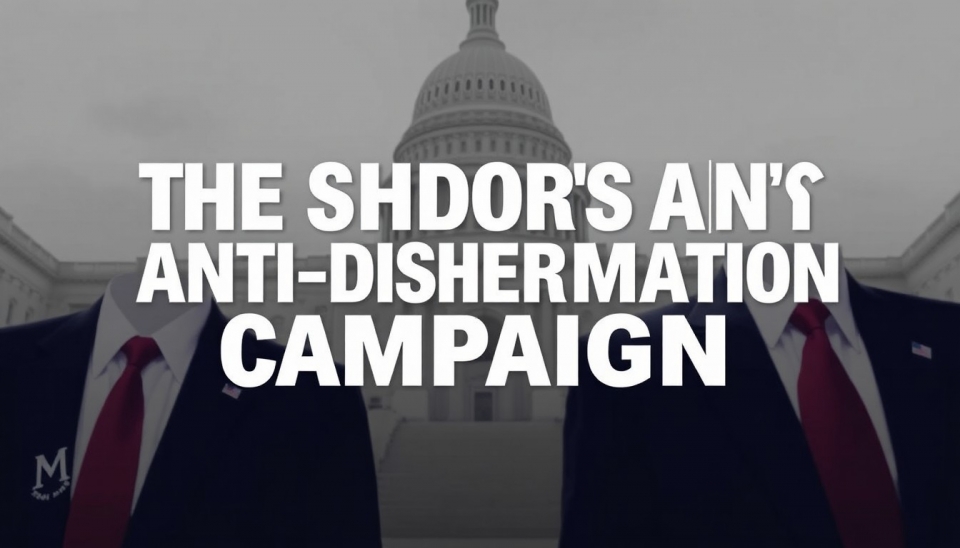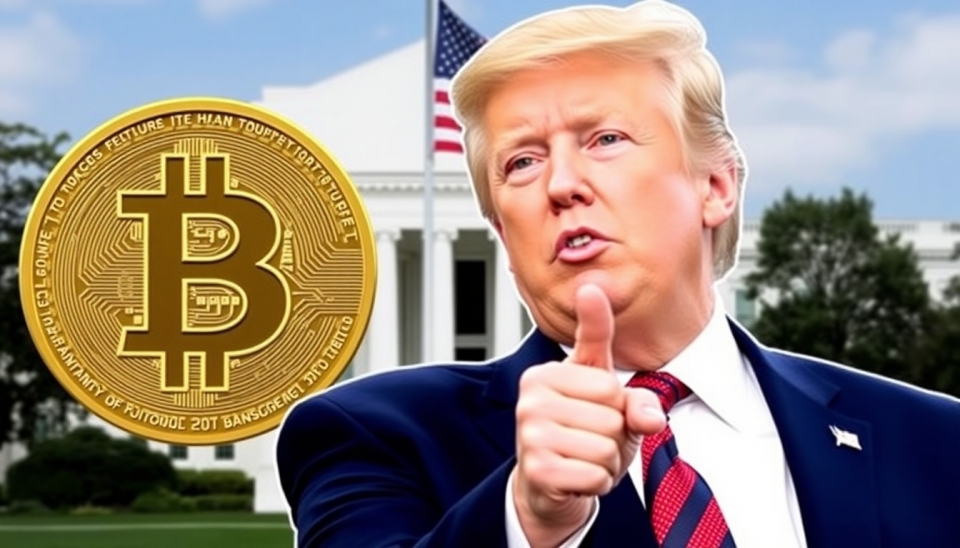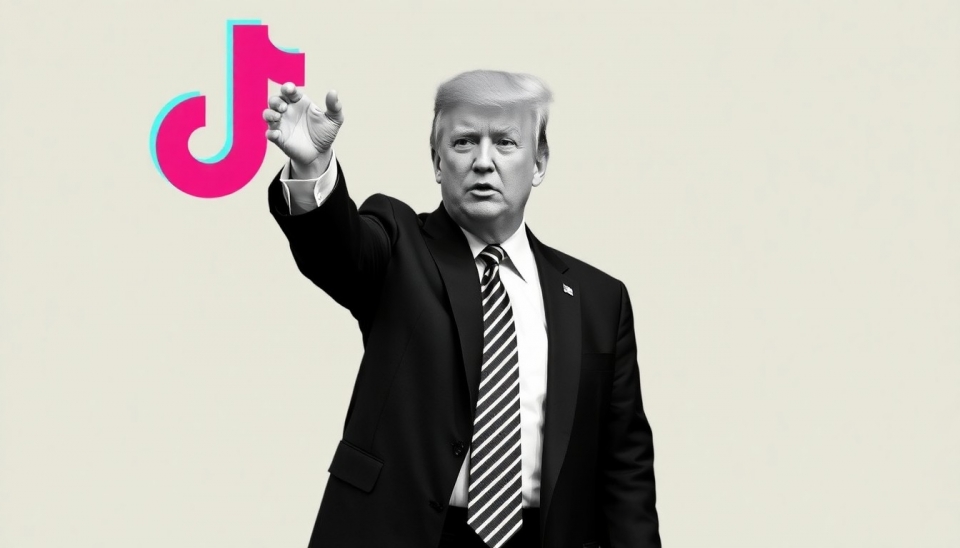
In a surprising turn of events, former President Donald Trump's strategy for regulating TikTok, the popular social media platform owned by the Chinese company ByteDance, has hit a significant roadblock due to objections from Chinese officials regarding proposed tariffs. This development has sparked discussions on the broader implications for U.S.-China relations and the future of the app, which has been under scrutiny for its data privacy practices and national security risks.
Initially, Trump’s administration had aimed to force the sale of TikTok’s U.S. operations to an American company, aiming to safeguard user data from potential Chinese surveillance. However, this plan faced intense criticism and legal challenges, leading to a convoluted process characterized by shifting policies and strategic delay.
The latest complications arise from China's firm stance against any tariffs that could be implemented on technology companies operating both in China and abroad. Officials have vocalized their concerns that tariffs would not only harm bilateral trade but could also have extensive repercussions on global markets, as the tech ecosystem is increasingly interconnected. Chinese representatives have emphasized that these tariffs would represent an unwarranted economic attack, fundamentally altering the dynamics of international commerce.
Trump's leadership had previously indicated a willingness to impose economic measures to compel Chinese compliance regarding their technology firms. Still, the contemporary landscape has revealed that such an aggressive stance might backfire, potentially harming American consumers and investors in the long term.
With TikTok's immense popularity—especially among younger demographics—both sides find themselves navigating a high-stakes game where economic interests must be carefully balanced against national security concerns. The impasse created by differing objectives has led to uncertainty in negotiations and may well set the stage for an extended period of diplomatic tension.
As both nations grapple with these challenges, the ramifications extend beyond TikTok. The situation underscores the fragility of U.S.-China relations and the potential for economic fallout from confrontational policies. The future of TikTok, along with its millions of American users, hangs in the balance, awaiting clarity on trade policies and diplomatic avenues moving forward.
In the wake of these developments, experts are urging policymakers to seek more collaborative approaches rather than escalating tariff threats, which could hinder progress on resolving other critical issues in the U.S.-China relationship.
As the situation evolves, the implications for social media governance, tech industry regulation, and international trade remain a topic of intense scrutiny, reflecting a significant moment in the ongoing saga of U.S.-China relations.
#Trump #TikTok #China #Tariffs #USChinaRelations #NationalSecurity #ByteDance #TechPolicy
Author: Emily Collins
